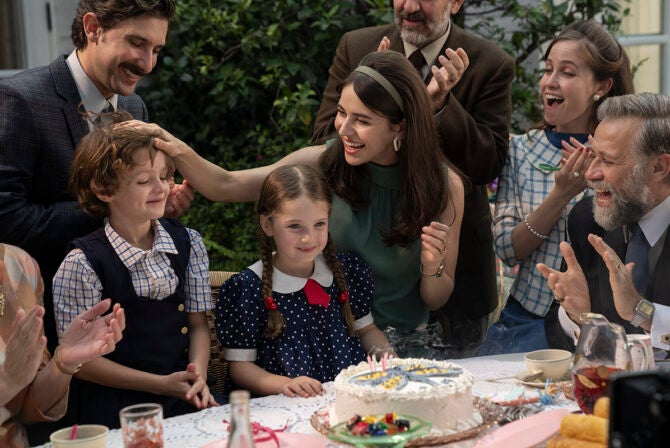With many Jewish families adopting non-Jewish children, the question of conversion is sprouting up everywhere. Conversion is one of the stickiest wickets in the Jewish world today, so if you’re planning on converting your adopted child, know that there are various opinions about what a legitimate conversion entails. Make sure to pay close attention to all the details and choices along the way to ensure your conversion ceremony is just right for your child and family.
Jewish law does allow for the conversion of babies and children under the assumption that being Jewish is a privilege that the child would want. The caveat is that when the child is 12 or 13 he or she must be presented with the option of renouncing his or her conversion. If, at that point, they choose to accept Judaism or are silent, they are deemed adult converts.
Who Will Recognize the Conversion?
The main issue with converting a child, as with an adult, is who oversees, and thus who recognizes the conversion. Every Jewish institution has different rules and policies about what conversions they do and don’t accept, so though it may seem odd, you should start thinking about what schools, camps, and synagogues you want your child to go to.
If you’re thinking about a Jewish day school, it’s best to call the school and ask what their policy is for adopted and converted children. They may say that they accept all conversions, or only the conversions of one or two specific rabbis or denominations. There’s a lot of variety, so it’s best to do your research now, if possible. You may also want to talk to a few different rabbis about how they do conversions. If they convert your child, are they expecting you to maintain a certain level of religious observance?
Unfortunately, conversion politics are notoriously fickle, so no matter what you choose, there’s some risk that later on your child will encounter a person or organization who doesn’t recognize his or her conversion. This is something you may want to discuss with your child as he or she gets older, but for the time being, just choose what makes the most sense for your family. You may also want to ask any other Jewish families that have gone through adoptions what they did about conversion and if they were happy with their decision.
The Steps
In terms of the particulars of the conversion, it depends on if it’s a boy or a girl. If the baby is a boy, he needs to be circumcised by a mohel first (ideally, on the eighth day after he is born). If the baby has already been circumcised, a mohel will perform something called a hatafat dam brit, which draws a drop of blood from the baby’s penis. Then the baby is immersed in a small pool of rainwater, or mikveh (the mother or father will go into the mikveh with the child, to ensure his safety) under the supervision of a beit din, a group of three rabbinic authorities. One of them will recite the blessing for immersion on behalf of the child, and the child will be given a Hebrew name, and then declared Jewish. Baby girls only need to be immersed in the mikveh (this process is called tevilah) and given a Hebrew name.
These steps are required for a Conservative or an Orthodox conversion. A Reform conversion may simply entail circumcision for a boy and taking on a Hebrew name, but can include tevilah for both boys and girls. You can talk to your Reform rabbi about what you’d prefer.
It’s worth noting that an Orthodox conversion is the most likely to be recognized by the greatest number of institutions and organizations later on, but if your family is not Orthodox, you may have trouble finding an Orthodox rabbi to perform the conversion.
Letting the Child Speak Up
Regardless of the kind of conversion your baby has, all three major movements agree that before the child becomes a bar or bat mitzvah, he or she should be given an opportunity to denounce the conversion.
Rabbi Michoel Zylberman, Director of Conversions at the Rabbinical Council of America, has said, “The person must be made aware that they were converted as an infant or a minor and be given the option to opt out. You have to tell them.” There isn’t a set ritual or liturgy for this conversation, but authorities agree that you (and/or a rabbi) should sit down with your child, tell him about his conversion, and make him aware that if he doesn’t want to be Jewish, it is fully within his rights to leave the faith.
As mentioned earlier, even converting an infant is a complicated and sometimes intimidating process. The best thing you can do is know your options and work with your rabbi to make the journey appropriate for your family.
If you’re curious to watch the mikveh process with a baby, check out this video, courtesy of
Mayyim Hayyim
:







